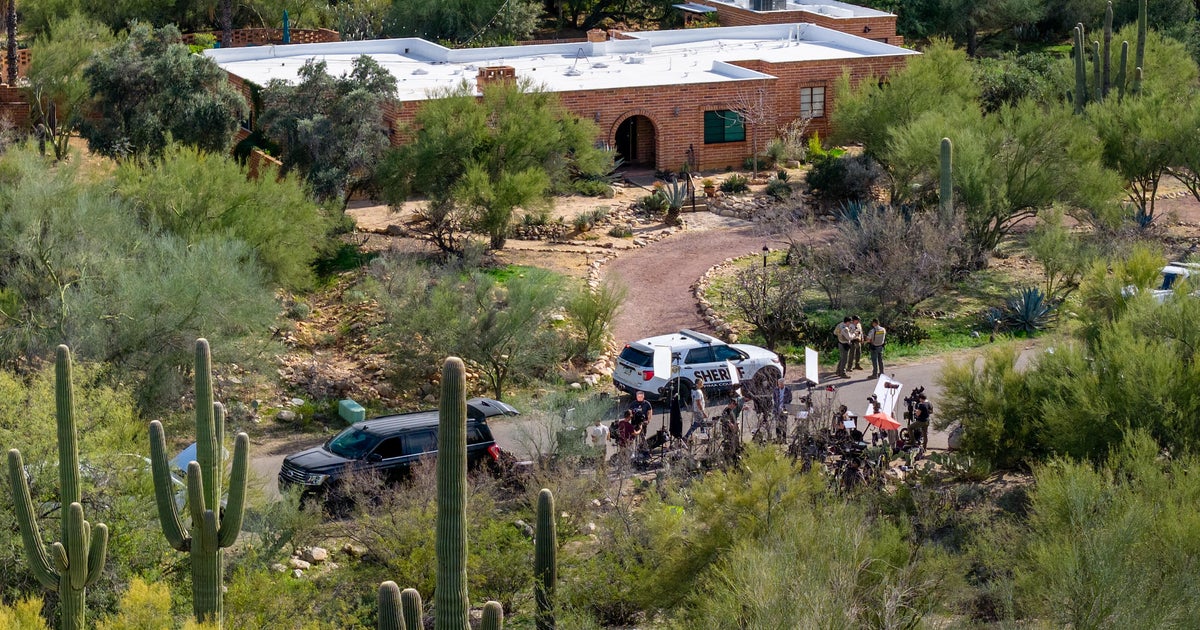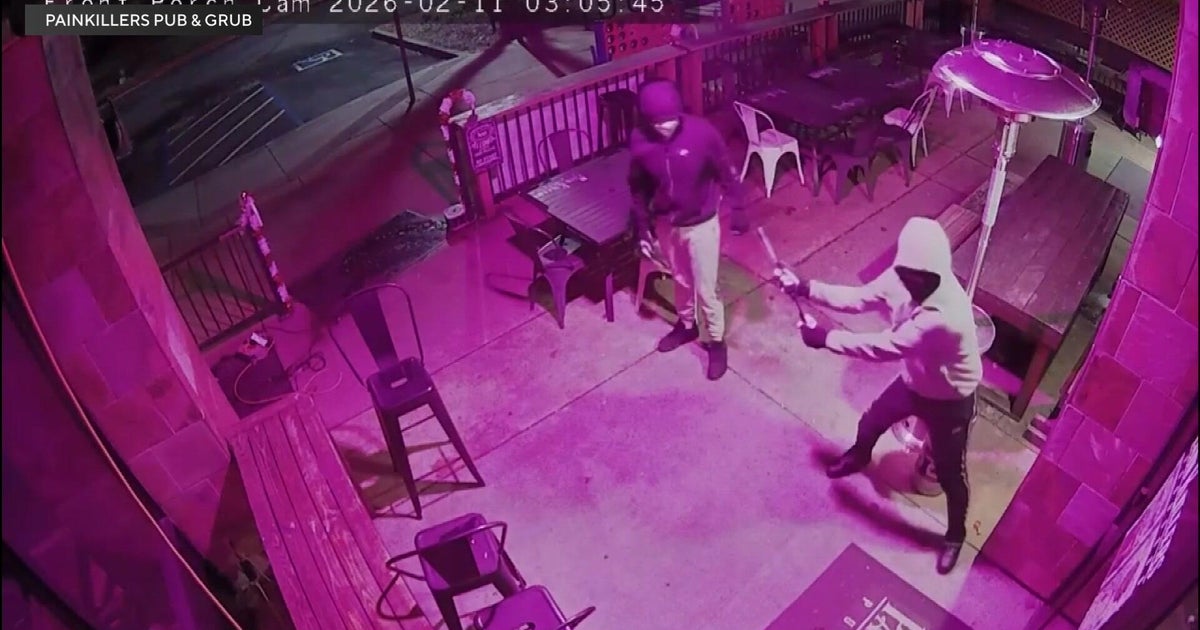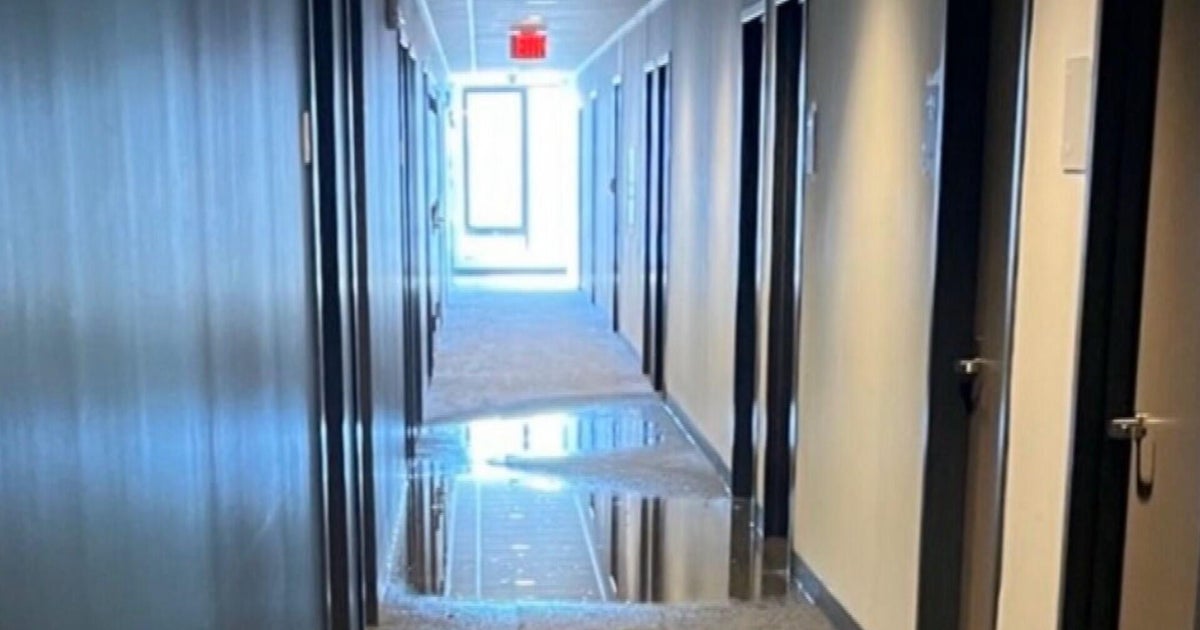Profiled: A Private Investigator In Chicago
When it comes to public or private investigating, there will inevitably be some pop culture references that come to mind. Whether it's Magnum P.I. or Sherlock Holmes, the media tends to glamorize the role of the investigator without much emphasis on the educational background, research or hard work that goes into it. While most people understand that these are fictional characters meant to simply entertain, when considering a career in the criminal justice field, it's wise to go beyond what your preconceived notions might be. The best way to get an accurate depiction of the skills needed in a career in criminal justice is to ask an expert.
Matthew Hale is the president and owner of Illinois Investigative Solutions, Inc. and works within a team of other private investigators that conduct field work, as well as computer investigation that deals with cyber-crime cases. The company has been thriving since its incorporation in 2008 but Hale has a long list of accolades, achievements and work history in the criminal justice field.
When asked to sum up his history in criminal justice, Hale says, "I personally have been involved in the investigative field for almost 20 years, which includes being an investigator for the U.S. Army's CID [Criminal Investigation Command] as an investigator/police officer, and the director of investigations of two other private detective agencies--prior to the inception of Illinois Investigative Solutions, Inc."
Education and career investigators
Hale explains that education is the backbone to his success. He says, "As far as the different designators I have held, they are not necessarily positions but simply training which I have received. For instance, I attended a course that certified me as an evidence technician. So, I continued my police duties but when I was needed to dust for fingerprints or take photos of a crime scene, I was called to perform those tasks. I have attended courses--both classroom and practical studies--on death investigations, identity theft, range master, SWAT, the use of confidential informants and many others. These courses are the foundation of your future as a police officer or an investigator. Without this training, a person would be stagnant and have no direction or career growth."
While few will likely to be able to achieve the same career heights and achievements as Hale, he did offer some insight on how education was vital to becoming a successful investigator. Hale says, "The fact that I attended college, in general, helped me secure a position in criminal justice. It showed my ability to grasp concepts, understand different points of view and be dedicated to a goal. My educational background in criminal justice did help in specific ways, however. I was able to determine in college, through exposure in my classes, that I had made the right choice in pursuing a career in criminal justice. This career is not for everyone. It is challenging both mentally and physically."
Hale's educational background is extensive, even after obtaining his associate's degree where he majored in law enforcement. Hale joined the U.S. Army where he says, "Basic training in the Army consists of many hours in the classroom before putting that information to use in the field." Regarding further educational background, Hale says, "The police academy was another classroom where approximately 80 percent of a recruit's time is spent. Most recently, as a private investigator, I studied for long hours in order to prepare for the P.I. State test. Additionally, I attended a training course which prepared me for the test. I have since attended training, both classroom and practical, in smartphone investigations, computer crimes and skip tracing. I also plan to participate in more classes in the near future."
When asked whether or not Hale thought education was vital to a career in criminal justice, Hale says, "I believe education is a vital part of becoming a successful investigator. The skills possessed by good investigators are learned skills. They are taught in a classroom and in the field. They are most often not god-given talents. Although simple curiosity and observation skills are learned at an early age, they can only be mastered through education and honed through years of experience and use. I believe a few of the skills needed to work in the criminal justice field are tenacity, integrity and the ability to employ the ideas and skills learned in a classroom setting to real life application."
Sara Lugardo is a Korean American who thrives in writing about Asian community news in Chicago. She has a Bachelor's in Communication and is currently working on her Master's. Her work can be found on Examiner.com.







